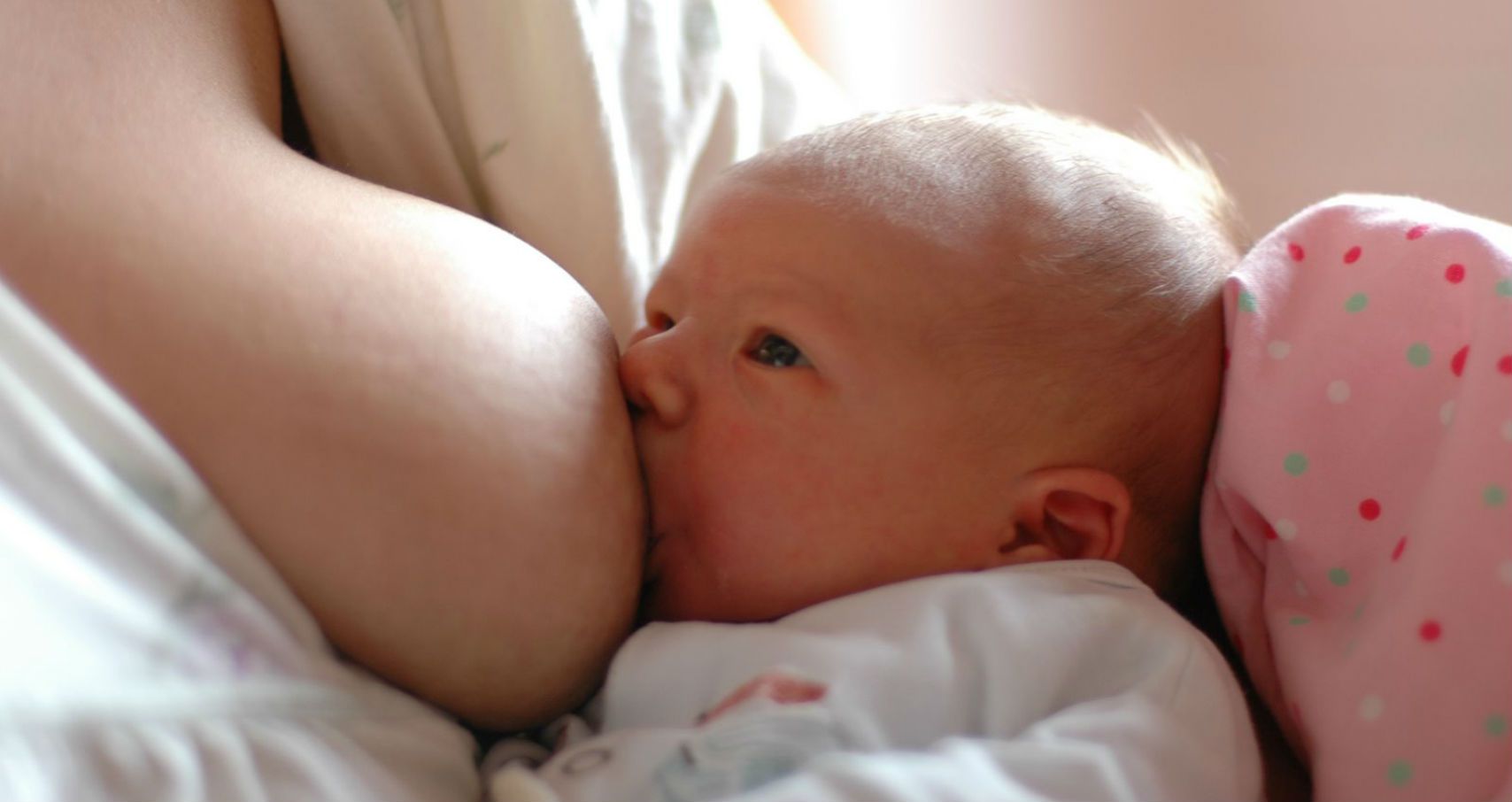A study conducted by researchers in Asia and Canada found that the world could save $341 billion each year if more women breastfed or did it for longer. The costs are not what you would expect either: saving from having to spend on baby formula or food. The long-term benefits of breastfeeding are what can save both money and lives.
Apart from refraining from having to buy baby formula, experts highly encourage women to breastfeed as much as they can for health reasons. The United Nations’ World Health Organization (WHO) recommends mothers to breastfeed exclusively for at least the first six months of the baby’s life. Even as the baby begins to explore solid food, incorporating breast milk into their diet will be best for their nutrition. In fact, it will save from medical costs and prevent illness in the future.
The study was named the “Cost of Not Breastfeeding,” and it is an online tool that used data from a six-year study by Alive & Thrive. Dylan Walters, a Canada-based health economics expert who led the study, highlights that breastfeeding not only saves lives, but it is a human right. It helps prevent diarrhea and pneumonia in babies, which are key contributors to infant deaths globally, and it protects mothers from ovarian and breast cancer. In the long-term, healthier children and mothers will spend less on medical services and be more productive members of society.
RELATED: Relaxation Therapy Can Help Moms And Babies Breastfeed Better
The tool the group developed is aimed to help policymakers measure the economic losses of their country if they do not support or promote breastfeeding. According to the UN, only 40% of infants under six months of age are exclusively breastfed. If its recommendation on breastfeeding is followed, the agency estimates that 820,000 child deaths can be avoided each year.
Despite this fact, there are still many challenges women face when it comes to breastfeeding. Lack of facilities, public shaming, not enough break times from work, and aggressive baby formula marketing are just some of the hurdles that women face when it comes to breastfeeding. With this study and tool as evidence, researchers hope to pressure governments to create more mother-friendly policies like extended paid maternity leave and investment in spaces to breastfeed. In the long-term, they will save money and save lives.
RELATED: Airline Tells Mom To Breastfeed Baby In Airplane Lavatory And Obvious Backlash Ensues

